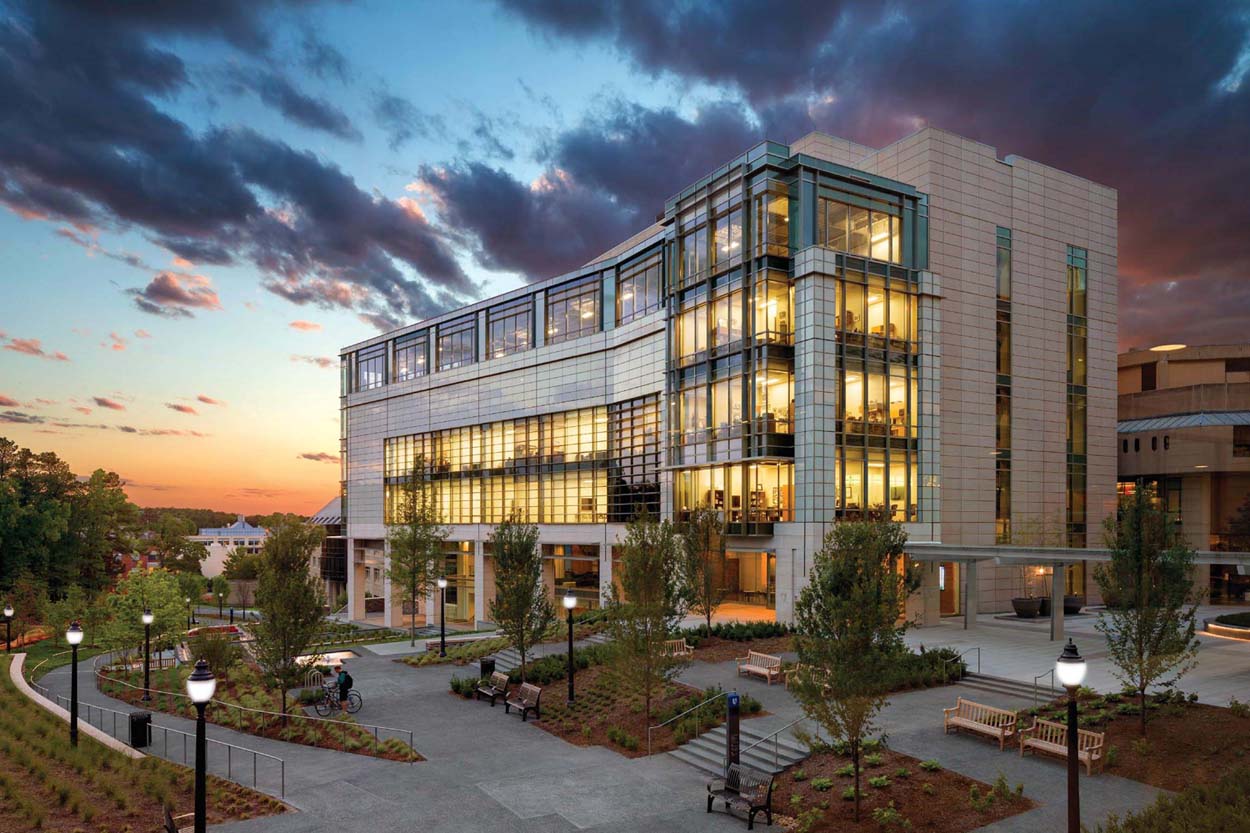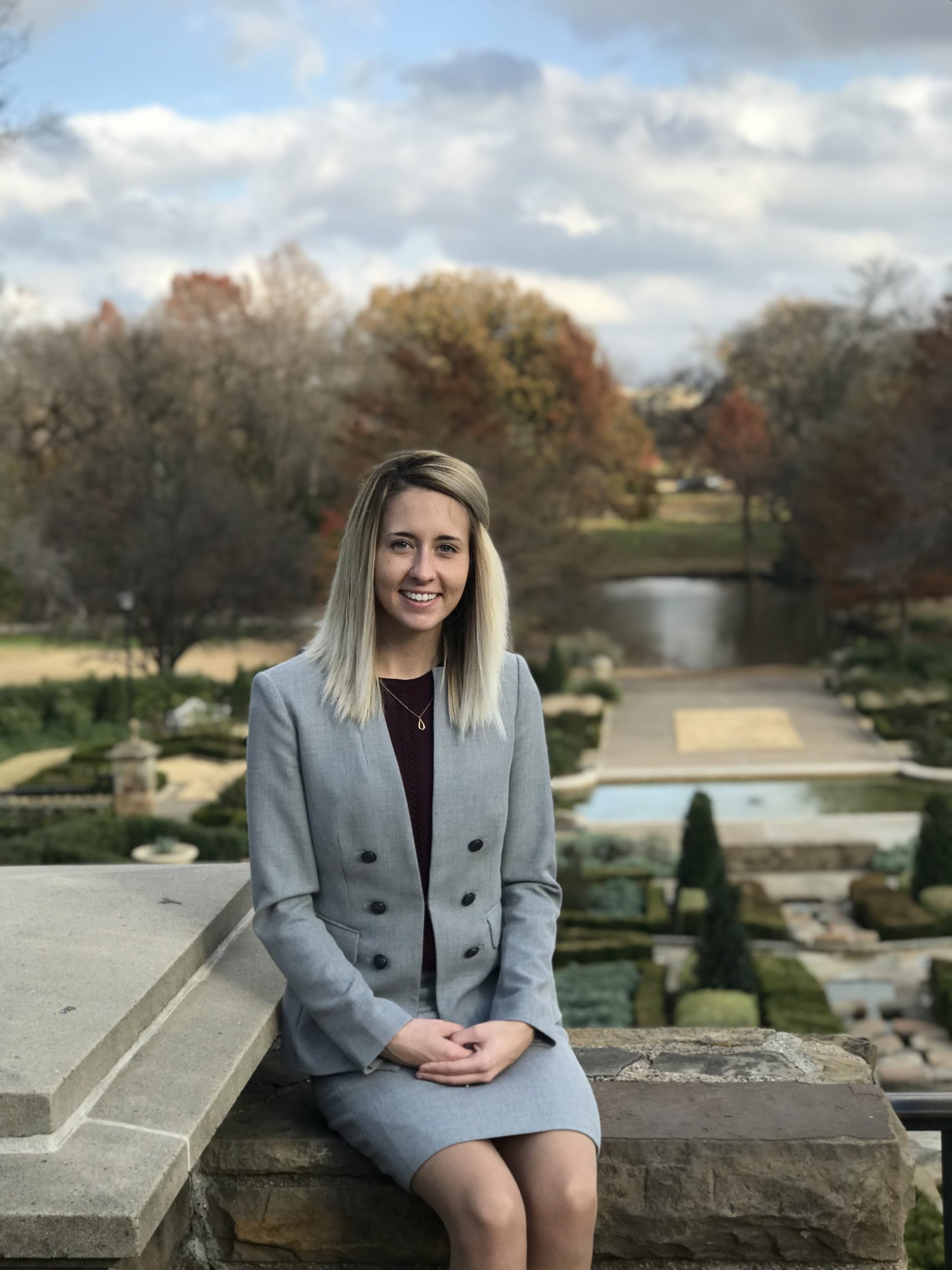Your Checklist to Becoming a Doctor:
- Take the MCAT
- Apply to Medical School
- Interview and Get Into Medical School
- Attend Medical School
- Get Matched
- Go Through Residency and Fellowship
- Practice Medicine
Some fields of work require more preparation than others. As you can see from the checklist above, becoming a doctor is one of those fields. After all, you are treating the human body. It takes time to transfer your textbook knowledge to every patient interaction.
That is what residency and fellowship are for. In today’s article, we’re discussing everything you need to know about getting matched and then going through residency and fellowship where you matched. What is residency for doctors? It’s a time of preparation. Residency comes before fellowship, but fellowship is only necessary if you subspecialize. We’ll discuss this in more detail later in this article. Once you’ve gotten through these additional educational years, you’ll be ready to practice medicine on your own.
“The Match”
Even if you’re not quite sure what getting matched means, you’ve likely heard the term before. Getting matched is a process that every med student goes through during their fourth year of medical school.
To begin the process, you’ll interview with different residency programs that focus on your specialty. After your interviews have taken place, you’ll go online and rank where you interviewed. Rank them in the order in which you liked them. Your favorite residency program should be at the very top of the list. You’ll complete this ranking online through the National Resident Matching Program.
Wherever you match is where you’ll complete your residency. But don’t worry if you don’t match. While this isn’t ideal, it’s also not the end of the world. The Supplemental Offer and Acceptance Program (SOAP) will provide you with a list of residency positions that haven’t yet been filled. You can find your residency on that list.
After You’ve Matched / Residency vs Fellowship
Upon completing your last year of medical school and passing USMLE Step 2 CK, you’ll begin your residency. Your residency will last for at least three years. Your specialty will determine exactly how long it lasts. Your fellowship comes after your residency if it comes at all. Like we said before, fellowship is only required if you subspecialize. The length of your fellowship also depends on your specialty.
Here are some examples:
- Anesthesiology (four years)
- Dermatology (four years)
- Emergency Medicine (three to four years)
- General Surgery (five years)
– Vascular Surgery
– Cardio-thoracic Surgery
– Pediatric Surgery
– Colon and Rectal Surgery
– Neurosurgery
– Orthopedic Surgery
– Ophthalmology
– Otolaryngology
– Plastic Surgery
– Urology - Internal Medicine (three years)
– Cardiology
– Endocrinology
– Gastroenterology
– Geriatrics
– Hematology
– Oncology
– Infectious Diseases
– Nephrology
– Pulmonary
– Rheumatology - Neurology (four years)
- OB/GYN (four years)
- Pathology (four years)
- Pediatrics (three years)
– Pediatric Cardiology
– Pediatric Endocrinology
– Pediatric Gastroenterology
– Pediatric Infectious Diseases
– Pediatric Critical Care
– Pediatric Neonatology
– Pediatric Nephrology
– Pediatric Pulmonology
– Pediatric Rheumatology - Psychiatry (four years)
- Radiology (four to five years)
– Neuroradiology
– Vascular and Interventional Radiology
– Pediatric Radiology
The subspecialties listed below some of the specialties are what require fellowships. The specialties are your residency. The subspecialties are your fellowship. General surgery subspecialties take an additional three to five years of training after the first four years. Internal medicine subspecialties take an additional two to three years. Pediatric subspecialties take an additional one to two years to complete. Radiology subspecialties take one to two more years.
Say you want to practice internal medicine. You’ll need to go through residency. At the end of your residency, you feel satisfied with your experience and decide to practice internal medicine on a general level. You’ll have completed your education. You’ll be ready to practice medicine on your own. But, what if you want to further specialize in cardiology? That’s when you’ll need a fellowship. Many doctors decide whether to subspecialize during their residency, so don’t stress if you’re not sure what you want to do yet.
Now that you have an idea of how long residency can take, let’s dive into what your experience will be like. You’re probably asking yourself, “What is residency for doctors like?”
All About Residency for Doctors
Residency for doctors is a critical time period that takes place after you’ve finished medical school but before you have a license to practice medicine without supervision. Keep in mind that at least one year of residency is required to become a licensed medical doctor.
PGY-1
Your first year of residency is called PGY-1. It stands for Post-Graduate Year 1. You’ll have at least three post-graduate years. During these years, you’ll be supervised as you treat patients in your medical specialty. Residency for doctors is essentially learning how to apply what you learned in school to real-life scenarios with patients who need your help. In addition to the time you’ll spend treating patients, you’ll also participate in lectures and conferences that will further reinforce what you’ve learned and what you’re practicing.
While most of your residency will be about learning your specialty, you’ll start with some basics. These can include the ER, general surgery, internal medicine, intensive care, etc. You’ll either rotate between several different specialties or subspecialties within a specialty. We can’t tell you what rotations you’ll go through during PGY-1. It depends on your residency.
A Day in the Life of a Resident
During PGY-1, you’ll be placed in a group. Your group will be comprised of interns, a supervising resident and an attending physician. Your group will have around six or seven other people in it. Your team will take care of a specific group of patients. You’ll go to each patient and discuss their care. This is known as making rounds.
Your day will consist of making rounds with your team, conducting diagnostic testing and providing treatment options for your patients. You’ll take a break for lunch and attend your lectures and conferences.
In the afternoon, you’ll get new patients. You’ll review their history with them and conduct a physical exam. You’ll write down their prognosis, along with any medications or treatments that they’ll need. This is known as writing admitting orders.
At the end of your day, you’ll “sign out” your patients to the “on-call” team. This ensures an unbroken line of communication. Every patient will receive the care they need, regardless of which resident is treating them.
Being On-Call
The day in the life that we just described is one of the experiences you’ll have as a resident. However, you’ll also be on-call. It’s a somewhat dreaded experience by many medical students who value their sleep. You’ll be in the hospital overnight, treating all the patients in your area. This means that you’ll arrive in the morning, stay overnight and then leave the next morning. You’ll be on-call for 24-28 hours.
Sleep deprivation much? Yup. It’s something every resident goes through. Think of it as a kind of initiation to becoming a doctor. Having said that, if it gets slow, you can get a key to an on-call room. These rooms have beds in them, so you can sleep while things are quiet. But you’ll need to be prepared to be woken up at any moment when a patient needs your attention.
You’ll be on-call every second, third, or fourth night of your rotation. It depends on your specialty and how your residency conducts its program.
All About Fellowship for Doctors
Your fellowship will be an exciting time for you. As a fellow, you’ll be a fully licensed doctor. You’ll receive an annual salary. You won’t experience any PGY-1 scenarios. Those days are behind you. Instead, you’ll be focused on learning the ins and outs of your subspecialty. You’ll work with at least one doctor who is already an expert in your subspecialty field. You’ll work alongside them throughout your fellowship, learning your subspecialty until you’re ready to treat patients on your own.
Your day as a fellow will entirely depend on the doctor with whom you’ll work. You could work in a clinical or hospital setting. You could work regular nine to five hours, or you could work an early or late shift. As you research the fellowships that are available to you, you’ll get a better idea of what your experience will be like.
Residency Admissions Consulting Services
Your time spent as a resident (and fellow if you subspecialize) will take you from a textbook-proficient medical school student to a trained doctor. If the process confuses you or if you have questions on residency vs fellowship, IMA offers residency admissions consulting services. We can discuss specialties and subspecialties with you. We’ll help you understand the ins and outs of how residency and fellowship work.
Still deciding where you want to study medicine? Check out our series of definitive guides to getting into medical school. We’ve covered a variety of allopathic and osteopathic schools, and we add to our list all the time.
- UC Davis School of Medicine
- Harvard Medical School
- UC Riverside School of Medicine
- USC Keck School of Medicine
- UT Southwestern Medical School
- Long School of Medicine at UT Health San Antonio
- University of the Incarnate Word School of Osteopathic Medicine
- UT Austin’s Dell Medical School
- UTMB School of Medicine
- McGovern Medical School at UT Health
- Johns Hopkins School of Medicine
- McGovern Medical School at UT Health
- The University of Texas Rio Grande Valley School of Medicine
- UNT Texas College of Osteopathic Medicine
- University of Houston College of Medicine
- Texas A&M College of Medicine
- Johns Hopkins Medical School
- Baylor College of Medicine
- George Washington University School of Medicine
- Vanderbilt University School of Medicine
- St. George’s University School of Medicine
- Lake Erie College of Osteopathic Medicine (in Pennsylvania)
- Sidney Kimmel Medical College at Thomas Jefferson University
- Wake Forest University School of Medicine
- Western University of Health Sciences (in California)
- Drexel University College of Medicine
- Stritch School of Medicine at Loyola University Chicago
- Georgetown University School of Medicine
- Yale School of Medicine
- Perelman School of Medicine
- UCLA Medical School
- NYU Medical School
- Washington University School of Medicine
- Brown Medical School
















